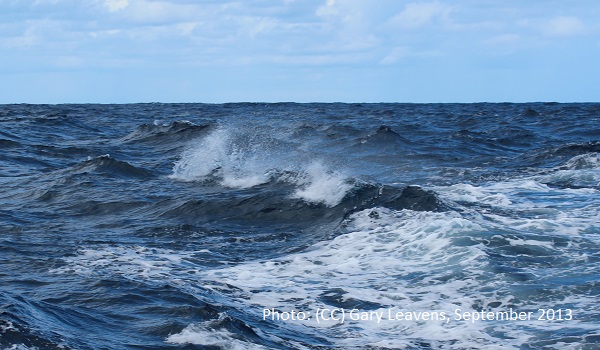At least 67 lives have been lost on journeys from North Africa to the Canaries over the last days of September and first days of October. On the Balearic route, more people are missing, while critics point to new evidence of Spanish attempts to transfer responsibility for distress cases to Morocco. A further 700 people have been blocked from entering Melilla by Moroccan forces.
The loss of life on the Atlantic route continued in October, with a shipwreck that resulted in the deaths of 57 people including 12 children. The tragic deaths of these people, who had been at sea for seven days, brought last week’s death toll to 63 lives lost. On 4 October 50 people landed autonomously on El Hierro, an island to which 1,000 people have arrived so far in 2021. On 6 October, 55 people were rescued in the Atlantic and brought to Fuerteventura, another 69 people heading towards Fuerteventura were rescued the next day, and 37 people were rescued close to Gran Canaria. After a boat of 59 people was intercepted off the north African coast by Mauritanian navy forces, more than 30 people jumped into the water, resulting in two drownings and dozens of people missing. A boat that left Gambia on 26 September returned to Nouadibou (Mauritania) ten days later with 80 survivors and two corpses onboard after an unsuccessful attempt to reach the Spanish islands.
27,000 people have successfully arrived in Spain via sea so far this year across all migratory routes, a figure that is up 50% on last year. The increase has been linked to regional conflicts, land border closures due to the COVID-19 pandemic and stricter controls aimed at stemming irregular migration from North African countries. Roughly half of all journeys to Spain were across the Western Mediterranean and Alboran Sea, usually from Algeria. On 4 October, 14 people were rescued on this route when they were found in distress. Spanish officials initially told media that 11 men had drowned in this incident, but this was later corrected with a clarification that just three were missing and presumed dead. The group had left from Algeria in an attempt to reach the Balearic island of Mallorca. The division of search and rescue in this area has been a contentious issue, with critics alleging that Spain has sought to transfer responsibility for distress cases to Morocco. New maps show that Spanish government rescuers changed their approach in 2019 and now rarely enter the zone of shared responsibility and avoid Moroccan waters, allegedly to ensure people can be returned to Morocco instead of being brought to Europe. This is the subject of a recent documentary titled “Paralelo 35º50” that claims the two states have constructed an “imaginary wall” at sea to evade compliance with international obligations. The film features unpublished audio that according to filmmakers exposes “bad practices” and Spanish-Moroccan “complicity” on non-rescue.
On the night of 30 September – 1 October, about 700 people tried to enter Spanish territory via Melilla. The Spanish delegation in the North African enclave said the attempt was prevented “thanks to coordination between the Spanish and Moroccan security force”. According to Morocco World News, Morocco has prevented over 14,000 “unauthorised migration attempts” since 2017. The North African country has also intercepted over 80,500 people seeking to reach Europe via sea and has dismantled 5,000 human trafficking networks, activities that have been supported by the EU.
For further information:
- ECRE, Atlantic Route: Fears About Poor Reception Conditions on Lanzarote, Almost 800 Lives Lost over Eight Months, Increased Arrivals Linked to Instability in Countries of Origin, October 2021
- ECRE, Atlantic Route: 140 Arrivals Daily in September, Tenerife Seeks to Combat Xenophobia and Assist Migrants, New Guidelines on Children Facing Trauma and Mental Health Struggles, September 2021
Photo: (CC) Gary Leavens, September 2013
This article appeared in the ECRE Weekly Bulletin. You can subscribe to the Weekly Bulletin here.

